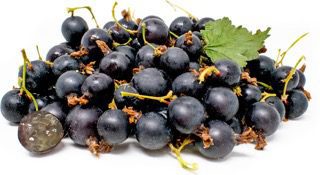

While wild birds eat jostaberries, their suitability as food for canines is unknown. Jostaberries contain antioxidants, antifungal, and antibacterial properties. However, unripe jostaberries and jostaberry seeds contain trace amounts of hydrogen cyanide, which can be dangerous when consumed in large amounts.
Jostaberries are a good source of vitamin C and antioxidants, which can help boost the immune system. They also have antifungal and antibacterial properties.
Jostaberries have a high sugar content, and excessive consumption can cause an upset stomach. While they are consumed by wild birds, there are no direct studies on their suitability for dogs. Unripe jostaberries and jostaberry seeds should never be given to dogs.
It is important to avoid giving unripe jostaberries and jostaberry seeds to dogs.
Jostaberries, also known as ribes x nidigrolaria, are a fruit that is not commonly eaten by humans, but rather by wild birds. These berries are believed to be high in antioxidants and have antibacterial properties. Jostaberries are a good source of Vitamin C, which is beneficial for the immune system. However, excessive consumption can result in stomach issues, as they contain high amounts of sugar. Unripe jostaberries and seeds contain trace amounts of hydrogen cyanide, which can be toxic to dogs. Therefore, it is important to avoid feeding dogs unripe jostaberries and jostaberry seeds.
While there are no direct studies on the suitability of jostaberries for dogs, their high sugar content and potential toxicity make them a food to avoid. Instead, consider feeding your dog other fruits such as blueberries or apples, which are known to be safe and beneficial for dogs.
Do you have experience feeding jostaberries to your dog? Share your story with us in the comments below. As always, consult with your veterinarian before introducing any new foods to your pet’s diet.